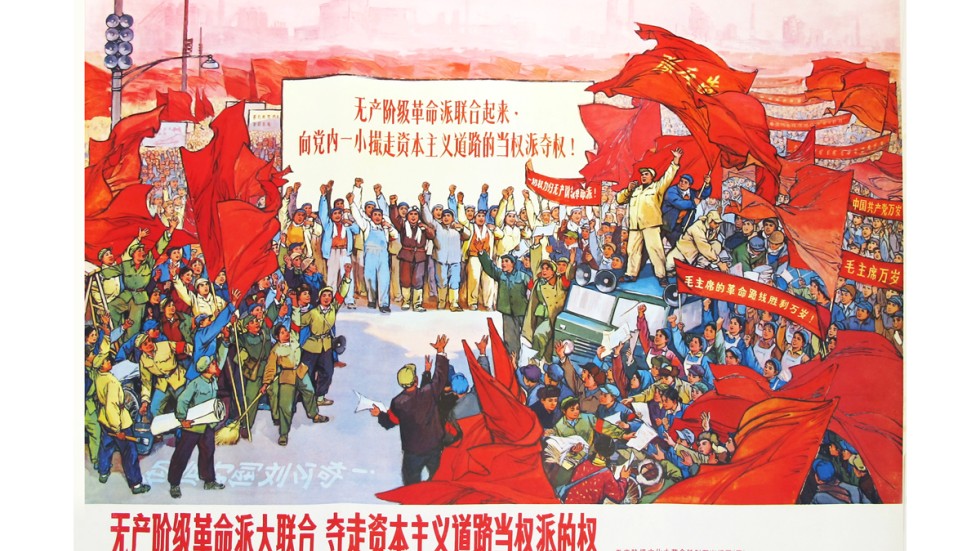
Posted on 04/12/2017 11:04:02 PM PDT by nickcarraway
UNTIL the start of this month, no one had ever heard of Xiongan. Today, it is the most talked-about place in China. When the government announced on April 1st that it would create “Xiongan New Area” as a metropolis from scratch, it immediately set off a frenzy. Housing prices in the zone, about 100km (62 miles) south-west of Beijing, more than tripled overnight before authorities ordered a halt to property transactions. Local hotels were booked up and roads packed with cars as prospective investors flocked to what is still largely farmland. The shares of companies such as local cement-makers and real-estate developers soared in value. State media extolled the promise of the city, touting it as a new chapter in China’s urban development. What is all the fuss about?
The government’s intention is to make Xiongan an annex of Beijing, to take pressure off the Chinese capital, which is struggling to cope with a population of more than 20m people. Beijing’s traffic jams are horrendous, its subways overloaded and its water supply running low. In recent years planners have encouraged people to move away from the centre, to suburbs and nearby cities. The creation of Xiongan marks an escalation in these efforts: China wants to make it a model city, with a clean environment, fast transport and high-tech industries, to attract millions of people. The hope is that a big slice of Beijing’s “non-capital functions”, from businesses to universities, will move to Xiongan. Initially, it will cover 100 sq km, nearly twice the size of Manhattan. Eventually, the aim is to reach 2,000 sq km, more than twice as big as New York city or Singapore.
There are no blueprints yet and details are hazy, but it is sure to entail a massive amount of investment. The three counties that will be converted into Xiongan are mainly made up of scrubby fields and drab towns (pictured). Analysts at UBS, a bank, reckon that as much as 4trn yuan ($580bn) could be spent on building Xiongan over the next two decades—hence the rally in construction-related shares. But punters might be getting ahead of themselves. Given the size of the Chinese economy, Xiongan will, even in the most bullish assessments, add less than half a percentage point to annual GDP growth while it is being built. And that is if all goes well. The government has pointed to Shenzhen, a southern metropolis, and Pudong, Shanghai’s financial district, as examples of successful urban developments that it hopes to replicate. Yet there are also plenty of new areas—notably, Binhai in Tianjin, just east of Xiongan—that have failed to take root.
One problem that has plagued these urban projects is changes in government leadership. When they lose their sponsors, they often also lose their funding. Xiongan should fare better in this regard. It appears to have strong backing from Xi Jinping, China’s powerful president who is on the cusp of another five-year term. The bigger concern is whether it will actually be a smart investment. Rather than creating a new city, it might be cheaper and more efficient to improve Beijing’s design and infrastructure. More subway lines, denser neighbourhoods and better water conservation are all needed. Upgraded transport links to nearby cities would also help. But China has the political will and the financial muscle to start afresh and build a city from the ground up. Next stop: Xiongan.
It will only work if all the signs are in North Korean.
What about al the town the Chinese have already built and remain empty?
CC
What city in Europe will they make an exact copy of?
China seems to be a lot like the old Soviet Union.
then.
everyone wants to live in Moscow or StPetersburg.
now
everyone wants to live in Peking, Shanghai
or Hong Kong
What’s the over/under on how many buildings are actually completed?
Just now, I just walked out of my office, turned to a room of 14 Chinese and asked them...
“Does anyone know of the new city called Xiongan?”
They looked back at me like I was a ghost. You could hear crickets chirping.
The answer is NO. No one has heard of this place. I guess that this is news fit for Americans only, because here, at least in Zhuhai, no one has ever heard of the place.

Disclaimer: Opinions posted on Free Republic are those of the individual posters and do not necessarily represent the opinion of Free Republic or its management. All materials posted herein are protected by copyright law and the exemption for fair use of copyrighted works.